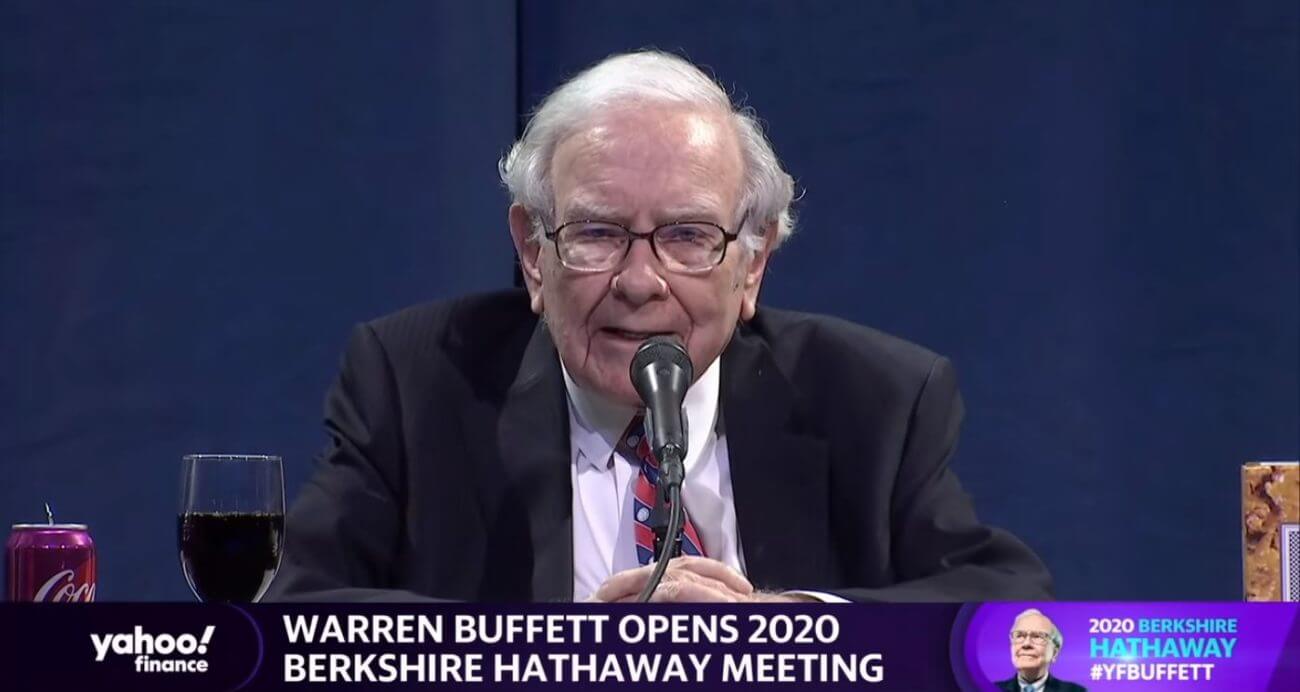This Stock Market Chart Exposes the Insane Level of Retail Investor FOMO

Retail investors tend to get bullish at the wrong times. This looks like one of them. And if there's one thing history teaches us, it's that it never ends well. | Source: REUTERS/Brendan McDermid
- Retail investors historically underperform the market.
- Lately, they’re bucking that trend – and beating the pants off of the “smart money.”
- It’s not a good sign when retail investor optimism heats up to sweltering temperatures like we’re seeing now.
Retail investors have outperformed the so-called “pros” in the stock market over the past few months.
There are two reasons why. First, professional money managers are cautious . They’re evaluating economic signals that, in many respects, conjure terrifying parallels to the Great Depression.
Second, retail investors are throwing caution to the wind . They’ve observed a big market pullback, and they’re buying the dip with reckless abandon. And for now, it’s paying off as speculative stocks surge to inexplicable levels.
‘Retail Favorites Index’ Shows Investor FOMO Is Getting Out of Hand
Shrewd bets that the Federal Reserve would print money as needed have been the Pavlov’s bell needed to keep investors gorging on the penny stock feeding frenzy.
Once the Fed brought back its crisis-era playbook at record speed, some saw it as an all-clear signal for the markets to head higher. The economy? That will also recover in time, but equities will start to price that in far in advance.
That’s evidenced by the Retail Favorites Index, which shows that popular retail names have performed better than stocks widely held by hedge funds.

When the index is rising, funds are doing better. When the index is falling, retail investors have the lead.
Retail investors have performed so well since early May that the index isn’t just falling. It’s outright collapsing.
It’s dropping at an even steeper pace than during the November 2019-February 2020 period, when many money managers warned that stocks had spiraled to extreme valuations.
Today, with corporate earnings still decimated and only improving in a few select companies, overall market valuation is at the highest it’s ever been. It’s higher than the housing bubble. And yes, it’s higher than the tech bubble too.
Value Investing Is Dead – And the Retail Day Trader Killed It

But today’s retail investors don’t worry too much about things like valuation. Much like the high-flying day traders of 1999 , there’s no real concern over things like revenue and profitability.
And cautious investors like Warren Buffett? The famed billionaire is dismissed as yesterday’s news. He’s even been attacked for his age.
Not only that, but the retail traders have also made out like bandits, buying up airline stocks that have since surged higher, while Buffett dumped those same stocks at a loss.
Sure, maybe down the line the airline industry’s hefty drop in revenue may create some trouble … but retail investors are confident they can be out by then.
Clearly, we’re in a new era. Throw out all those studies about individual investors underperforming the stock market .
Who needs sports betting when the stock market works far better and has better ways to leverage a trade? Who needs to invest in established companies when any story stock will do?
And never mind that S&P 500 earnings growth is set to drop 10% this year!

History Says This Stock Market Euphoria Can’t Last
Maybe there’s something else afoot. Perhaps it’s a serious fear of missing out (FOMO) festering in the stock market.
That may have made some sense after a 30% drop in the S&P 500. But it doesn’t following a rebound rally that’s taken stocks to breakeven (or better) for the year.
Retail investors tend to get bullish at the wrong times. This looks like one of them. And if there’s one thing history teaches us, it’s that it never ends well.
Disclaimer: This article represents the author’s opinion and should not be considered investment or trading advice from CCN.com. Unless otherwise noted, the author has no position in any of the stocks mentioned.